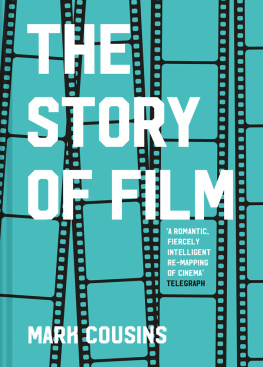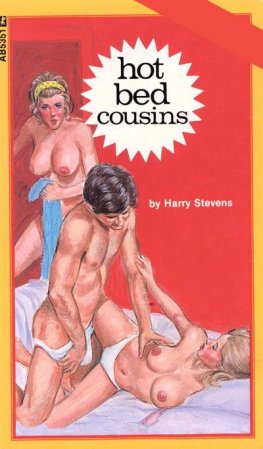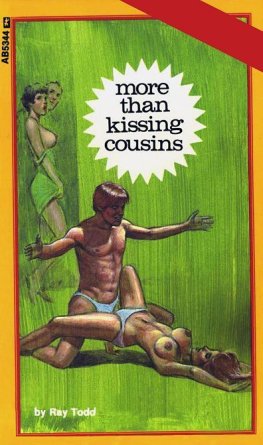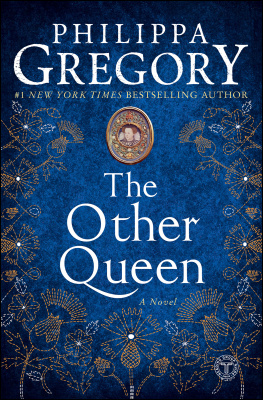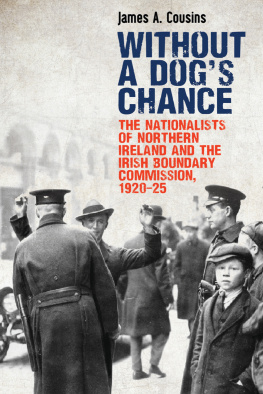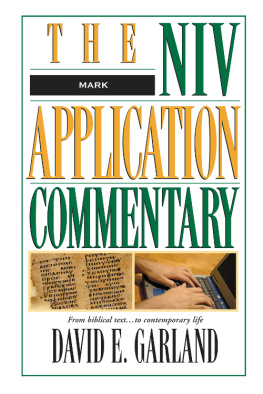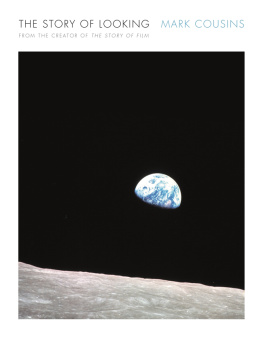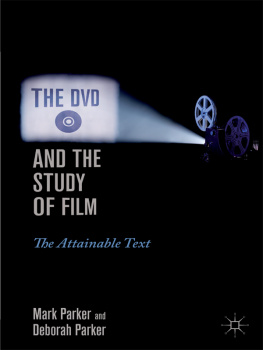Contents
Guide




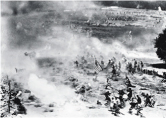
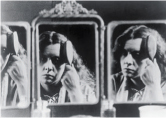
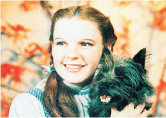
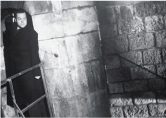


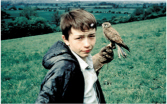
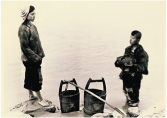
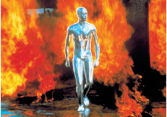
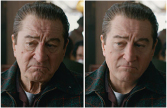

Steven Spielberg (far right) directing the Omaha Beach D-Day sequence in Saving Private Ryan. USA, 1998.
INTRODUCTION
A story of greatness and sudden shifts
The measure of an artists originality, put in its simplest terms, is the extent to which his selective emphasis deviates from the conventional norm and establishes new standards of relevance. All great innovations which inaugurate a new era, movement or school, consist in sudden shifts of a previously neglected aspect of experience, some blacked out range of the existential spectrum. The decisive turning points in the history of every art form uncover what has already been there; they are revolutionary that is destructive and constructive, they compel us to revalue our values and impose new sets of rules on the eternal game.
Arthur Koestler
The industry is shit, its the medium thats great.
Lauren Bacall
This book tells the story of the art of cinema. It narrates the history of a medium which began as a photographic, largely silent, shadowy novelty and became a digital, multi-billion dollar global business.
Although the business elements of film are important, you will find few details in what follows of what films cost and how the industry organizes itself and markets its wares. I wanted to write a purer book than that, one more focused on the medium than the industry. As you read, therefore, you will come across works that you may not have seen and may never see. I make no apology for this because I do not want to tell a history of cinema that is distorted by the vagaries of the market place. There are mainstream films described in what follows, but mostly I have focused on what I consider to be the most innovative films from any country at any at any period.
This could be seen as elitist or self indulgent, but it isnt. Film is one of the most accessible art forms so even its most obscure productions can be understood by an intelligent non-specialist, which I assume you are. When I first read books about Orson Welles and Franois Truffaut, long before I saw their films, I experienced a real sense of discovery. I do not go into great detail about individual movies in The Story of Film, but I hope that what follows conjures similar pictures in your head, and creates a desire to see some of what is discussed. In the era of streaming, of online cinematheques, and of Blu-ray and DVD, such desire is more satisfiable than ever.
You will almost certainly find that some of your favourite films are not featured in my story. Many of mine arent. I have probably watched Billy Wilders The Apartment (USA, 1960), more than any other film the scene where Shirley MacLaine runs down the street at the end is one of the most beautiful things I have ever seen but have not included it in this book. This is because, despite its exquisite tonality, it was less innovative than other films made in America at that time. Its adroit blend of irony and sexual comedy derives from Wilders hero, the great director Ernst Lubitsch, for example. The movies depiction of office life uses visual ideas from King Vidors The Crowd (see ). And Wilders admiration for the way Charlie Chaplins films flicker between farce and rapture filters into his depiction of the characters. By focusing on the innovative rather than the merely beautiful, popular or commercially successful, I am trying to strip the world of movies down to its engine. Innovation drives art and I have tried in the chapters that follow to reveal key innovative moments in the history of world cinema. Without the mould breakers, the fresh thinkers, the radicals and mavericks in cinema without Lubitsch, Vidor and Chaplin there would be no Billy Wilder directing Shirley MacLaine running down that street.
To pick up on the quotations at the beginning of this introduction, this book is, then, about the greatness of the medium of film and the sudden shifts which it has undergone. Take Steven Spielbergs Saving Private Ryan (USA, 1998) which was hugely popular, selling eighty million tickets around the world and finding larger audiences still on television, DVD and many streaming sites. Yet such popularity does not mean that it deviated from the conventional norm, as Koestler envisaged, or that it rose above Bacalls shitty industrial compromises. Instead, it warrants mention because of its shocking opening flashback sequence which showed what it was like to be a soldier landing on Omaha Beach (1) on one of the most important days of the Second World War. These events had been portrayed before in cinema but their impact here came from a shift in the language of film itself. Drills were mounted to cameras to give a juddering effect. The stock was exposed in new ways. The sound of bullets was more vividly recreated than ever before. Steven Spielberg sat at home or lay awake or drove through the desert, asking himself the question, how can I do this differently? The best filmmakers have always asked themselves this, on the set in the morning, at night when they cant sleep, in the bar with their friends, or at film festivals. It is a crucial question for the art of cinema and this book describes how directors have answered it.
The best composers, actors, writers, designers, producers, editors and cinematographers ask it too but The Story of Film concentrates mostly on the central creative figure in filmmaking. This is not because directors should take credit for everything we see and hear on screen many films are great because of their actors, writers, producers or editors but because directors are the people who pull the creative bits together and who oversee that alchemy whereby the words of the screenplay come alive. The French term

